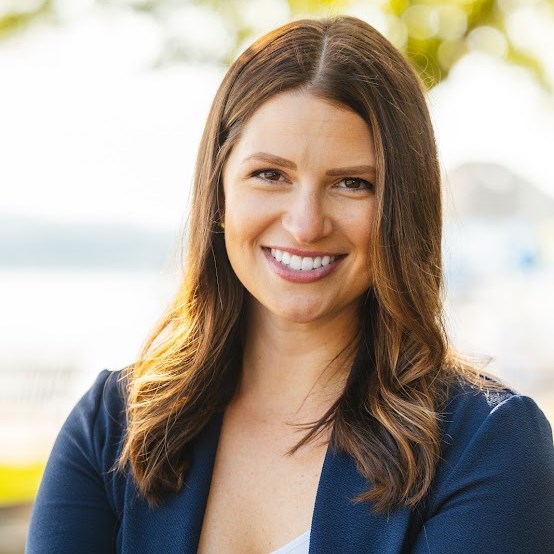Mortgage companies and the IRS have different definitions for some of the same words. Understanding the difference can create financial opportunities for you and prevent you from making costly errors. I’m going to focus on two words that are commonly misunderstood on both sides: (1) Gifts and (2) Occupancy.
I mention the importance of having a trusted financial team in many of my blogs and social media posts. It’s really hard to make an informed financial decision (particularly on real estate decisions) without the input from an experienced (and trusted!) mortgage advisor, Realtor and CPA. You will always need to get a tailored answer from your mortgage banker and your CPA on the below, but I’m going to provide some general guidance below.
Gifts
Most mortgage companies consider a “gift” to be any funds that you receive toward your home purchase from anyone who is not on your loan. If you’re buying a primary home, then there is generally no limit to the amount of gift funds that you can receive (if you’re using a “jumbo” loan, or buying a second home or investment property, then there may be some limitations).
While Fannie Mae / Freddie Mac (who largely determine mortgage guidelines) generally do not have a gift limit for primary home purchases, the IRS (sort of) does. The IRS imposes a “gift tax” on the giver of a gift if the cash or assets surpass the annual “gift tax exclusion” amount. This amount typically changes annually and can be easily found online. The IRS doesn’t specifically limit the gift amount, it just triggers tax implications if you surpass the annual limit.
If you are planning on using gift funds for a home purchase you need to consult with both your mortgage advisor and your CPA. The amount you’re allowed to receive according to your loan is almost always different from the amount the IRS allows without imposing a “gift tax”. Understanding both will be crucial for your financial planning.
Occupancy
One of the major advantages of owning real estate are the tax benefits. The IRS is very specific about the types of properties that are eligible for certain tax deductions. For example, the way you can depreciate a short-term rental property is different than how you might depreciate a full-time rental property. Or, for another example, you’re allowed to deduct certain expenses on rental properties (short-term or full-time) that you are not allowed to deduct on your primary residence. The list goes on.
The reason this matters is because the IRS has different occupancy definitions than Fannie Mae / Freddie Mac. You can look at some of the different definitions here and here, but I’m going to skip straight to why this matters for you.
Since the IRS has their own definitions for occupancy, they do not consider how the occupancy was classified for your mortgage. For example, lets say you classify a vacation home purchase as a “second home” instead of an “investment property” for your mortgage, but then you treat it as an “investment property” for tax purposes (because you rent it out when you’re not using it). That is no problem as long as you meet the IRS’s definition of occupancy. The same is true if you purchase a home as a “primary residence” and then convert it to an investment property down the road (as long as it has been a year or more since you purchased). Again, the IRS is looking to make sure the property meets their definition of occupancy for that particular tax year.
I really can’t overstate how important a CPA, particularly one who specializes in real estate, can be. You can have six figure tax breaks from just one rental property if you navigate the IRS guidelines accordingly and have a clear tax game plan.
I’m not suggesting that anyone become an expert on the intricacies of tax requirements or mortgage guidelines. These are federal agencies that have thousands of confusing rules and regulations. Let someone who is already an expert in these fields help guide you through important real estate decisions so that you can position yourself best financially.
Subscribe below to follow along to get all of your questions answered and to get excited about building wealth with property.




